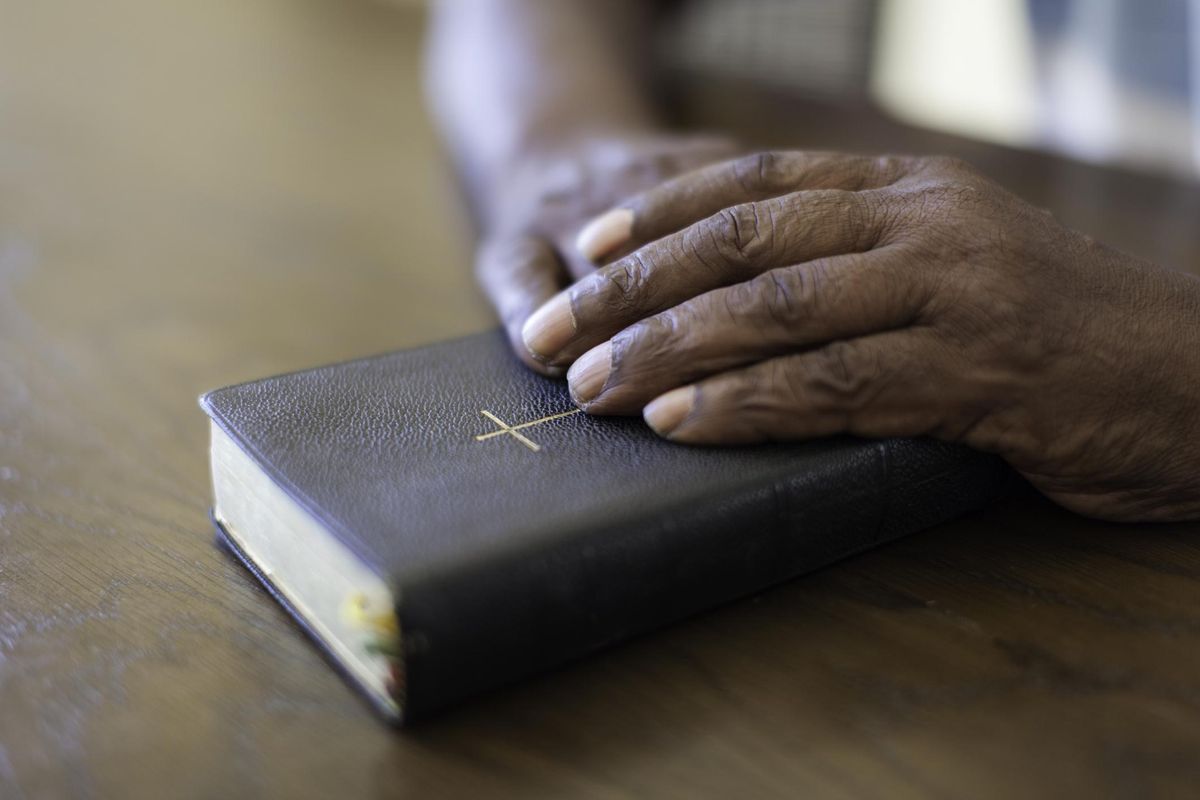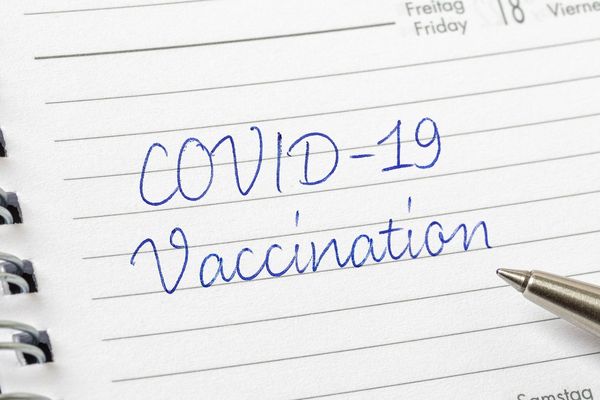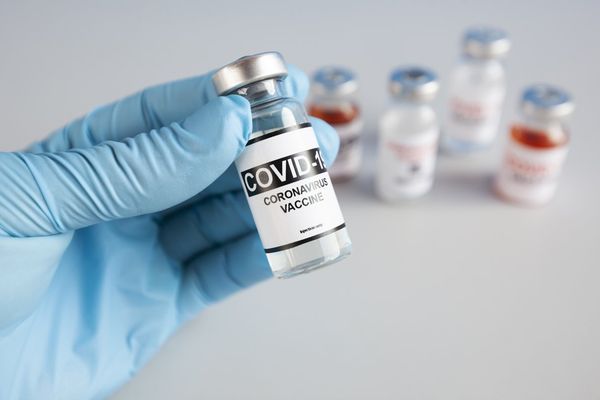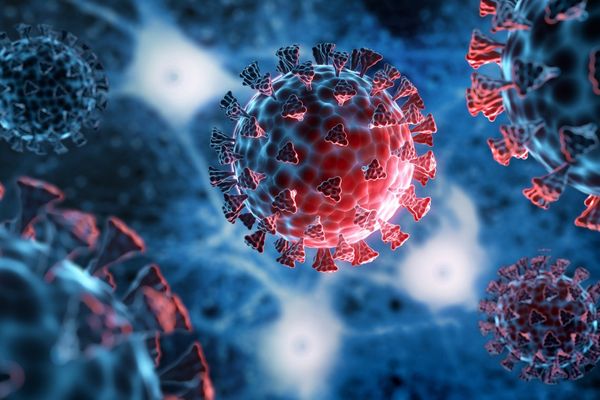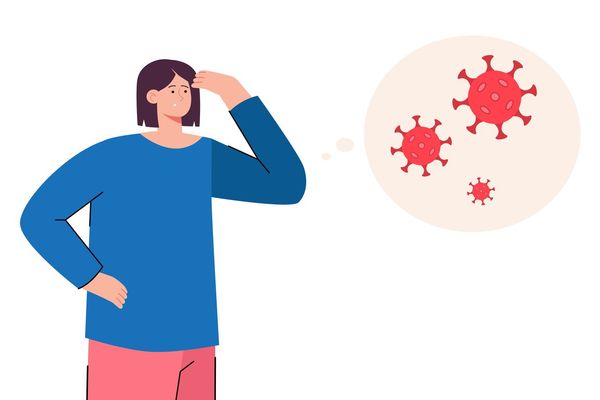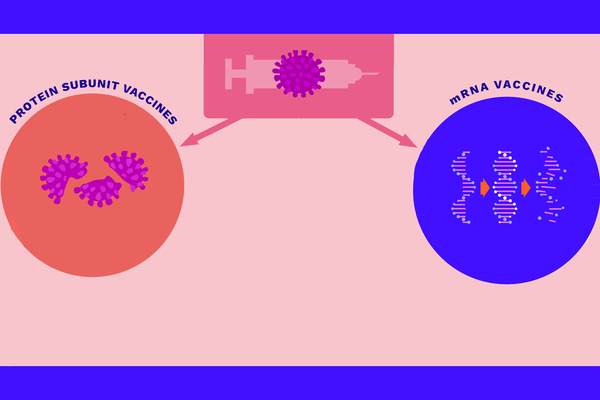When the coronavirus pandemic first gripped the nation in March 2020, the road trips and cruises and even the in-person church services that had been enriching the life of Frances Shepherd, 70, and her husband, Raymond, in their retirement were abruptly canceled. As the shutdowns lingered on for months in her long-time home of Oakland, California, so did her anxiety.
Ultimately, it would be regular briefings about rising Covid-19 infection rates, pointed reminders about the importance of wearing masks and socially distancing, along with updates on the development of vaccines shared during virtual services by her senior pastor, Rev. Dr. Jacqueline A. Thompson at Allen Temple Baptist Church, that would provide much-needed comfort — and the factual information she desperately craved.
"Pastor Jackie has worked so diligently at keeping us informed; whatever she learns, she has passed on to us," said Shepherd, a 15-year member. "I think what she really impressed upon us is that, 'Yes, you've got to read your Bible and you have to pray — but you also have to stay informed, too.'"
Fast forward to almost a year later. Shepherd now feels more knowledgeable and even volunteers five times a week at two mobile Covid-19 testing centers, including one at her church that sees about 400 people daily. Because of her work and her age, she has already received one of the precious early doses of the Covid-19 vaccine. She said she did so with zero hesitation due to the critical messaging she received from Thompson and the church's health ministry. She says the shift from fearful and anxious to feeling informed and empowered had as much to do with who gave her the information as where she received it.
"Knowing that I had the backing of my pastor definitely played a role in my decision to take the vaccine; I knew I had to give it some thought," Thompson said. "This Covid is out of control and I'm at a point where I believe if we're ever going to get our lives back, we really don't have a choice but to be vaccinated."
Sharing life-saving information
The leadership at Allen Temple is among countless Black churches and other faith-based organizations across the country who are working closely with healthcare advocates and public health officials to share life-saving information about the pandemic from the pulpit and beyond. Many say they believe better education can help build trustworthiness in health communication that can save lives — especially those of Black Americans who continue to face a disproportionate risk for both contracting and dying from Covid-19. Many also hope the messaging from faith-based organizations will inspire members to get vaccinated
"As a church, we have a responsibility to do our due diligence, because for many in our community, we are considered trusted messengers. We want to make sure we don't lead anybody down the wrong path," says Thompson, who also sits on the Covid-19 vaccination advisory board for Alameda County, California, where her church is located.
Thompson said she has made it a priority to keep her members engaged. Her efforts include hosting the mobile testing site where Shepherd works, which has tested more than 30,000 people to date. She has also put on seminars, clinics and workshops, including her weekly "Theological Thursdays," a live virtual Q&A session where she and special guests, who have included doctors, professors, pastors, therapists and community activists, answer questions from members about the coronavirus, vaccination and its impact on mental, emotional and spiritual health.
"Despite valid historical issues of community mistrust of the medical community and vaccination, we are actively responding and critically engaged as a church," she said. "We are not focused on being so 'heavenly-minded' that we are of no earthly good. We do our best to help our members understand the reality of this disease, just like we do the reality of diabetes, the reality of high blood pressure, and the reality of cancer."
Many believe such efforts could be pivotal in turning the tide on the devastating effects the virus continues to impose on embattled populations. For example, Black people are more likely to work in essential jobs that put them at elevated risk for coronavirus infections. Black people, some studies have shown, also have nearly double the infection rate of white people and they continue to die from the disease at 1 1/2 times the rate of white people.
Even with these added dangers, a survey by the Pew Research Center found that less than half of African Americans — approximately 42% — said they would definitely or probably get the vaccine if it were available to them, as compared to 60% of Americans overall.
Pernessa C. Seele, CEO and founder of The Balm In Gilead Inc. a Virginia-based not-for-profit with a 31-year history of working with faith organizations to help raise awareness of health disparities in the Black community, says the pandemic requires a high moment for leadership for church leaders to be extra vigilant about educating its flock.
"We have buried so many in this last year, so many have left us too soon, because of Covid-19," says Seele, who over the past year has packed her calendar with webinars and virtual panel discussions aimed at keeping faith leaders across denominations informed. She also uses her weekly podcast, "Dr. P. on the Pod," and "Sunday Morning Health Corner, an E-Church Bulletin" that goes out to 40,000 congregations, to educate and inform.
Overcoming distrust
Still, public health experts say even the most well-intentioned faith-based initiatives may be futile if the proverbial elephant in the room"— the Black community's well-documented and some insist well-earned distrust of the medical community — doesn't get addressed first.
Tabia Henry Akintobi, Ph.D., a professor of community health and preventive medicine who also oversees community engagement for Atlanta's Morehouse School of Medicine, said cases like the Tuskegee Experiment and that of Henrietta Lacks have undermined trust, which will be critical in getting people to sign up for the vaccine. She added that it's crucial that public health messaging clearly communicates the distinct health threat that Covid-19 poses in comparison, and alongside, other chronic health conditions that have long plagued the Black community.
"Unlike cardiovascular disease or diabetes, that may if you have it, or if you're at risk of it, ... mean that you live a shorter life, but that shortened life might be 20 years from now, Covid has meant imminent death for our families and for our communities," Akintobi said.
Peele agrees that everyone must do their part, especially Black church leadership, to empower the Black community and increase understanding about how to help end the pandemic.
"If our church doors are going to swing open again, if we're going to sing 'Amazing Grace' within the walls of our churches and within the sanctuary, we have got to move to be a part of the distribution of [getting] vaccines into the arms of Black folks," she says. "The doors of the Black church must swing open again — and they can only do so safely if Black folks get vaccinated."

